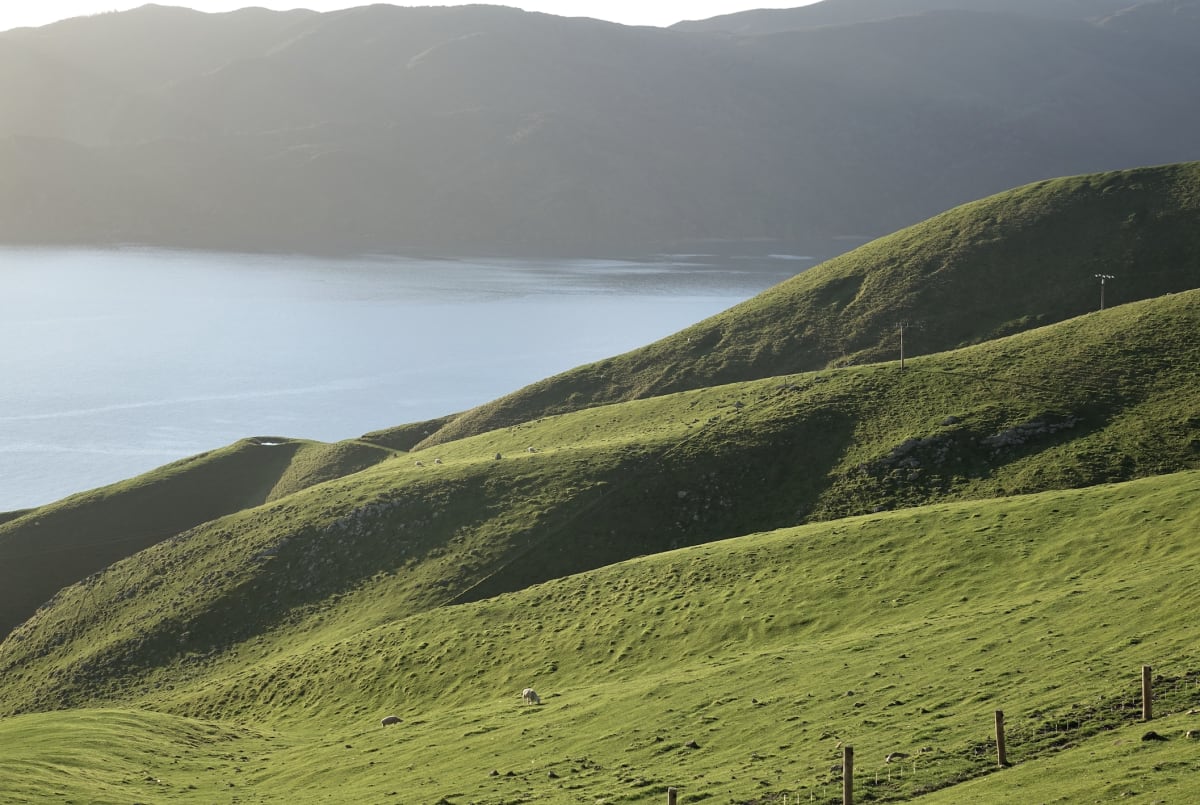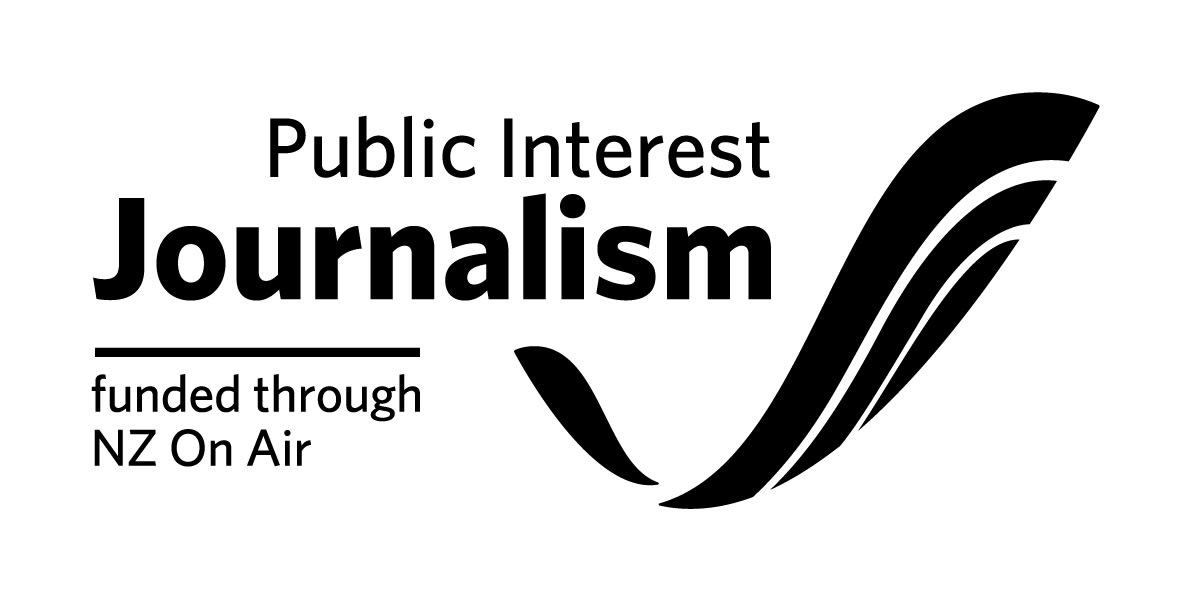Predators, 1 – D’Urville Island, Nil
Environment
Plans to rid a Marlborough Sounds island of its rampant stoats have lost millions in funding after a handful of landowners have refused access to their property. But at least one says they were not confident of the methodology planned, or that poison would not be used. Tracy Neal reports.
An uneasy current swirls constantly around Rangitoto ki te Tonga/D’Urville Island.
The 16,782-hectare island’s northern point juts out into Raukawa Moana/Cook Strait and to the south it is separated from the mainland by Te Aumiti/ French Pass. It is the country’s eighth largest island, separating Tasman Bay and the Marlborough Sounds.
Access is by boat only, or light aircraft for those willing to brave landing on a bumpy airstrip reserved for topdressing aircraft.
It is a nationally significant taonga for its diverse geology, relatively intact and diverse plant communities and a high number of threatened, rare or unusual species. It is a place of long-held guardianship among Māori, and Pākehā who dared to step ashore to try and tame its windswept hills.
That uneasy current has now picked up a knot or two in speed, with news that $3 million in funding for a pest eradication programme is itself now dead.
In 2004 the d’Urville Island Stoat Eradication Charitable Trust was set up to rid the island of its apex pest, namely stoats. The Trust’s Rangitoto Birdsong project was paused a year ago when it could not secure access to all the private land on the island. The impasse was unable to be resolved, prompting Thursday’s announcement.
Crown-owned Predator Free 2050 has formally withdrawn $900,000 in cornerstone funds promised over a year ago, effectively wiping out $3 million in pledged funds from other sources including the Rātā Foundation, Department of Conservation and the Marlborough District Council.
The Trust is now heading back to the drawing board to see how it might salvage the plan it says is now in “hibernation”.
Trust chair and landowner on the island’s western Greville Harbour says it’s a huge disappointment. Rupert Wilson says the island is perhaps different in that its only major pests are stoats.
“It doesn’t have ship rats or Norway rats, possums, rabbits or goats, which is why the Trust targeted stoats, to return the birdsong.”
Auckland-based Wilson has owned property on the island for 25 years, attracted by its remoteness, the drama of its landscape and the memory of visiting as a student at Nelson College.
“It is one of the most beautiful places in the world. It’s truly spectacular. Once you find d’Urville, it keeps on taking you back.
“It’s a challenging, pretty wild island which is part of its beauty and appeal.”

Wilson is among those who established the trust. He says there are three of about 80 landowners on the island who declined access, and the reasons are complex.
“There are a range of reasons why people have reservations about it. It’s very delicate because we ultimately believe that one day the project will happen, but it will require having all landowners on board, so we don’t want to get into the reasons why they won’t give access at the moment.”
The island is within the rohe of Ngāti Koata, which is a partner in the project. Wilson says the iwi has been fully supportive, and it was disappointing that their influence was not able to persuade a couple of the landowners to come aboard.
George Elkington, a kaitiaki of Ngāti Koata iwi has a long history of defending its interests on and around the island. He is also a trustee of the Ngāti Koata Trust but spoke to Newsroom representing the Elkington family of Cherry Tree Bay, on the island.
He says they were not convinced of the programme’s planned methods for eradication, and despite assurances it would entail trapping, there was concern that the access agreement did not specify trapping as the only eradication method to be used.
“We didn’t see enough…evidence that poison wouldn’t be used. That was the concern.
“It just didn’t feel safe enough with the methodology that was to be used. Neither did it feel inclusive enough, so a family position was taken not to support it.
“We’re not just landowners – we’re tangata whenua and kaitiaki of the island.”
Wilson says they had looked at progressively trapping across the island, but eventually Predator Free 2050 said “enough’s enough” and said it would no longer support the effort.
“Because we’ve been trying so hard for over a year now, we feel we’ve come to the end of a road, and we’ll hibernate the project until somewhere in the future.”
Wilson says he could not speak highly enough of the efforts all had made, including Ngāti Koata, DOC and the council.
Marlborough deputy mayor Nadine Taylor says the news is a huge blow to what was a really important project. She says it stood to be a significant project not just for the island, but for the wider Marlborough Sounds.
She hoped a solution was possible in future, as she imagined councillors would have a desire to see the project succeed, if there was surety it could be delivered.
“It’s really disappointing and personally, I’d like to think it could be saved because we were always supportive of it, but it would need to be a full project with everyone on board.
“We know what it takes to try and pull a community together – a lot of conversations have to happen to bring together a project like this, so patience is a virtue and I’d like to think council might wait and see.”
*Predator Free 2050 was created to make a significant contribution to the New Zealand government’s goal of eradicating possums, stoats and rats by 2050. It works collaboratively with a number of organisations and groups to bring pest eradication at scale to mainland Aotearoa New Zealand. It achieves this by creating co-funding arrangements that enable large-scale predator control and eradication projects, developing new tools and knowledge to support those projects, and driving the breakthrough science to fill the gaps in its predator eradication capability. Predator Free 2050 Limited is a Crown-owned company and a registered charity.
* Made with the help of the Public Interest Journalism Fund *

